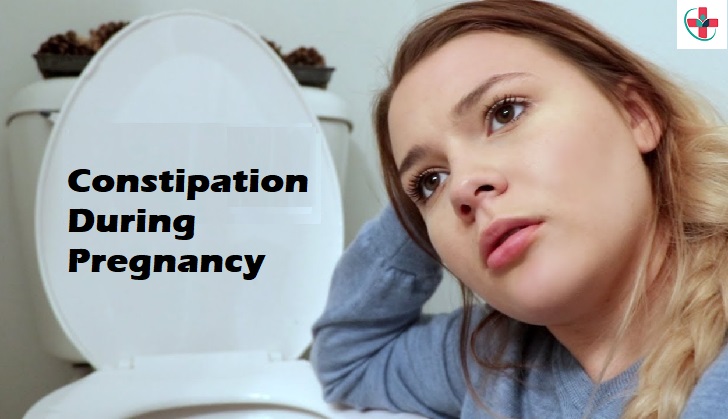So, you’re pregnant, and everything is going great. Sure, having something press on your bladder may mean more trips to the bathroom, but it's not always as easy to go No. 2.
Pregnancy and constipation pretty much go hand in hand, but why is that?
Constipation is common in pregnancy because of higher progesterone hormone levels in a woman’s body. The progesterone hormone slows down the intestinal tract so the stool sits in the bowel longer and more water gets taken out of it. That’s why the stool gets harder, resulting in constipation.
Here are some tips straight from doctors to help you get through (probably) one of the toughest parts of your day.
1. Drink water
This is definitely great advice for people who experience constipation in general, not just during pregnancy. The most important part of preventing constipation under any circumstance is to drink lots of water. We recommend drinking around a half gallon a day.
2. High-fiber foods
Foods that are high in fiber content can always help since fiber is customarily known to help with constipation issues. Eating fruits like prunes, dates, green apples, peaches and grapes can help, while vegetables like asparagus, spinach, broccoli, cabbage, carrots, cauliflower, cucumber, artichokes, and legumes can help soften things up in your colon. Other high-fiber foods include nuts, oatmeal and bran muffins — or any foods related to those — and they can also help a great deal. Doctors often recommend around 20 to 35 grams a day of fiber.
It is important to know that fiber found in citrus fruits and legumes also can stimulate the growth of colonic flora, thereby increasing fecal mass. The recommended amount of dietary fiber is 20 to 35 grams a day. In addition to consuming foods with high fiber, patients may add raw bran (2 to 6 tablespoons with each meal) followed by a glass of water or another beverage to achieve the fiber intake goal.
3. Iron can make things worse
Keep in mind that sometimes foods or supplements with iron can make constipation much worse. Tran suggests avoiding iron supplements unless you are anemic, especially since prenatal vitamins usually have iron in them already.
4. Massage your stomach
Tran recalls one effective technique she was taught during her medical training: stomach massage.
It involves massaging your abdomen from the right lower quadrant area up to the right upper quadrant area and across your abdomen. Then you can massage down from the upper left quadrant to the lower left quadrant. This can help in freeing any potential impacted stool caused by gravid/larger uterus.
5. Laxatives
An obvious medical answer that doesn’t necessarily need a doctor’s consultation can be the use of laxatives. Bulk-forming laxatives can be used during pregnancy to help alleviate symptoms of constipation. Saline laxatives like Milk of Magnesia — or water containing high amounts of magnesium — can also be helpful, according to Tran.
6. Stool softeners
When in doubt, you can always go to your pharmacy for some extra help. Both doctors recommend taking a stool softener, like docusate sodium (Colace) in doses of 100 milligrams twice a day, from your local pharmacy.

